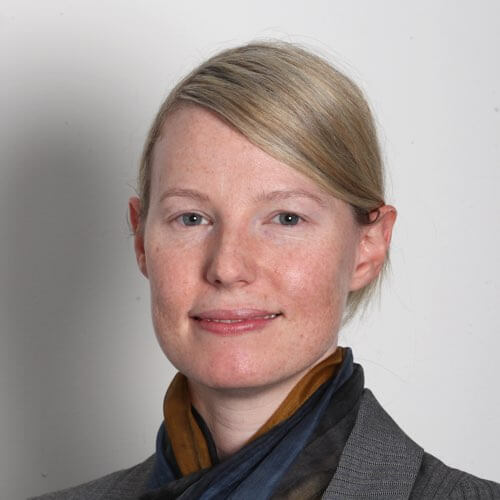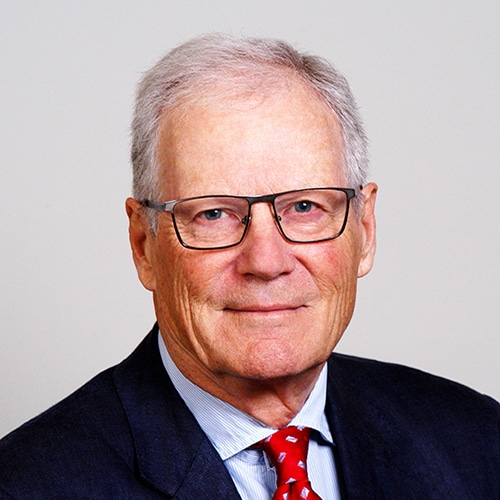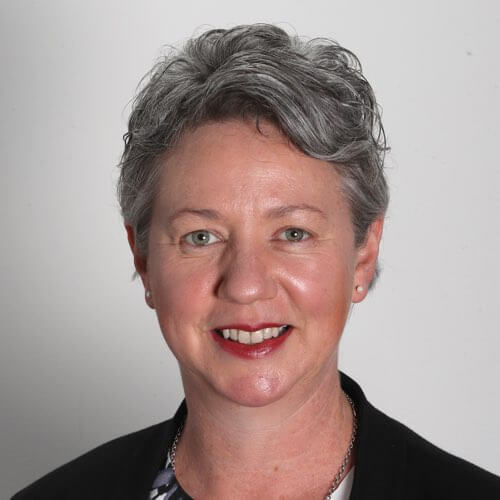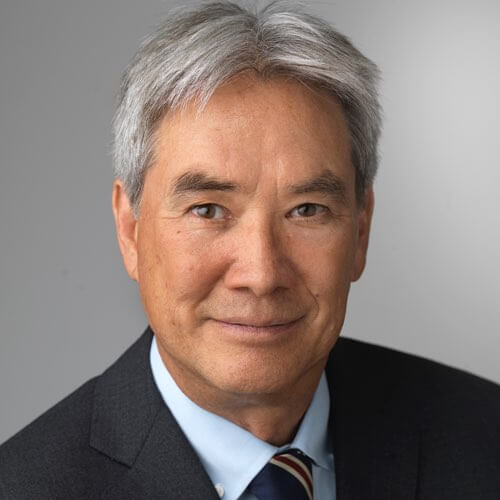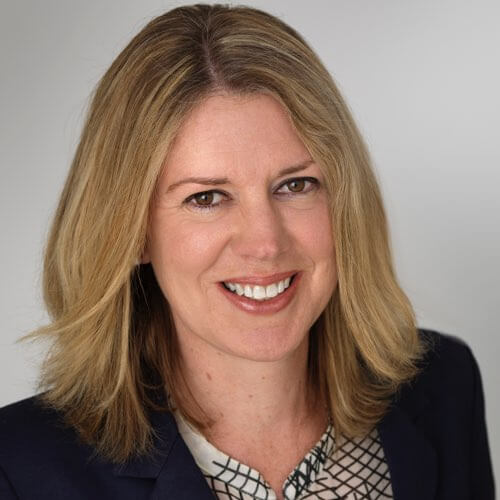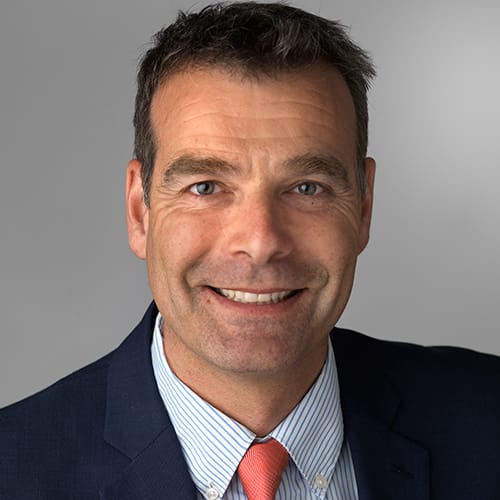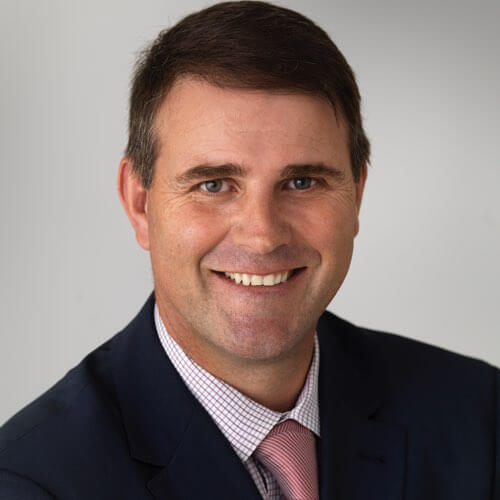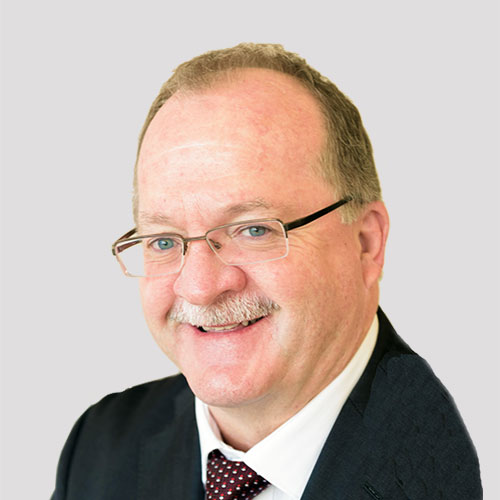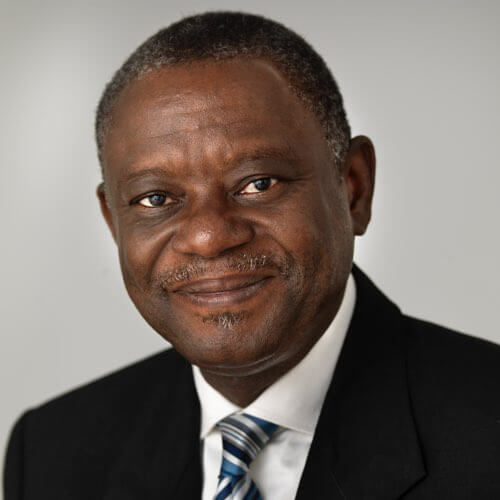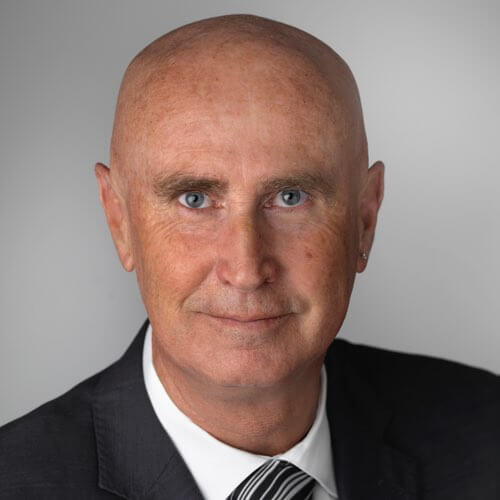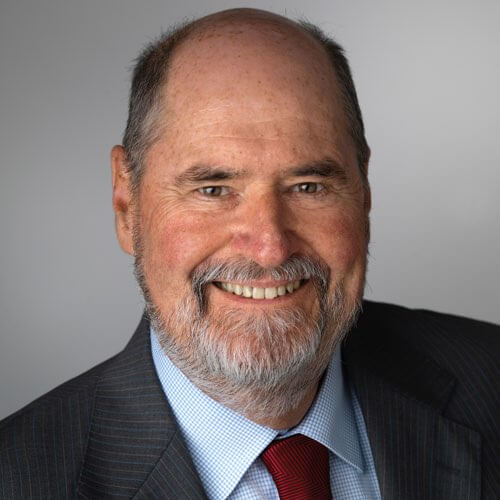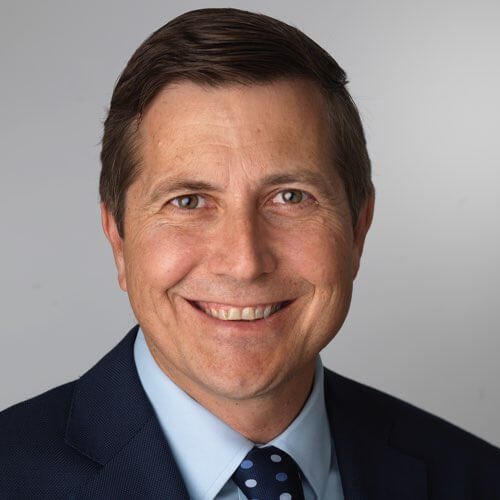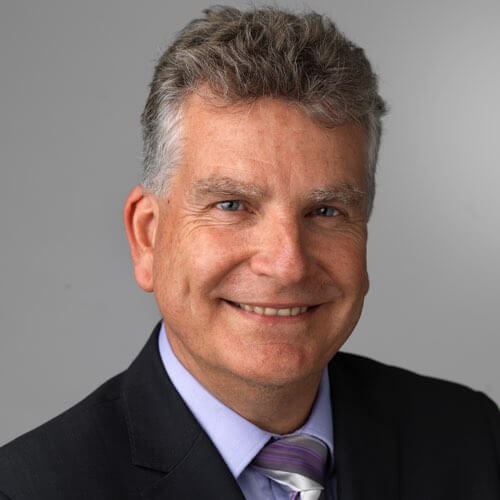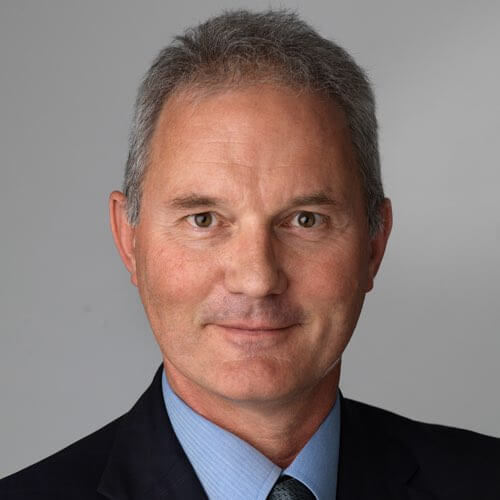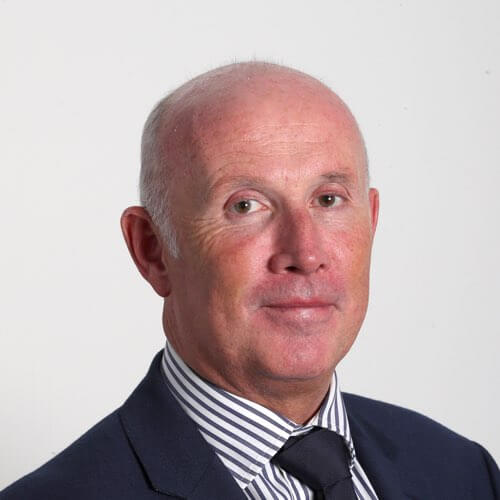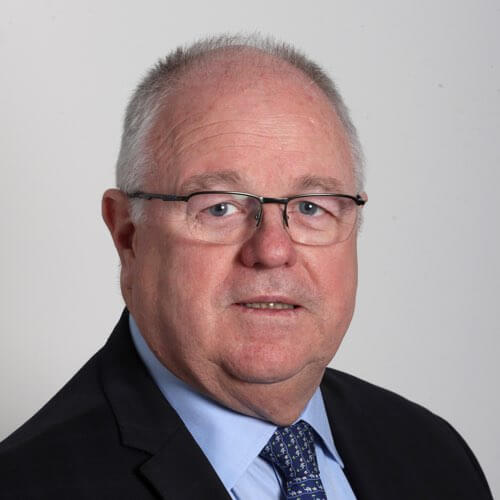Our People
Local employment remains a key focus for Perseus and where feasible, personnel are employed from local communities.
EMPLOYMENT
Perseus continues its drive to provide meaningful employment opportunities for the local communities adjacent to its operations, drawing on people from the local towns and villages wherever possible. Today, 95% of our employees are local to Ghana and Côte d’Ivoire.
We have established Local Recruitment Committees to work alongside our Human Resources teams to identify suitably skilled local people for available positions before searching further afield for candidates. This is also encouraged with our key contractors, ensuring employment opportunities are maximised.
DIVERSITY
At Perseus, we believe that women should be better represented within West Africa’s growing extractive industry, and that diversity and inclusivity can unlock value for our stakeholders, help us build a safer and more resilient business, and contribute to our future growth and prosperity.
We are committed to providing a safe and respectful work environment free from bullying, harassment or any form of discrimination, where everyone is encouraged and supported to speak up when our values and standards are not met. Our Diversity, Equal Opportunity and Anti-Discrimination Policy codify this commitment, and we hold our people to a high standard and expect them to treat everyone fairly, with respect and care. We prioritise employment of women and members of our local community.
Supporting women to work, progress their careers, and strengthen their voices in our communities can increase their safety and resilience, leaving a positive legacy that can span generations.
Through our efforts, we have achieved year on year increase in the number of females in our operations since 2018. In FY23, women represented about 11% of our workforce, with 29% women at Board level, 40% in our Senior Leadership Team and 13.8% women in senior and management roles across the Group.
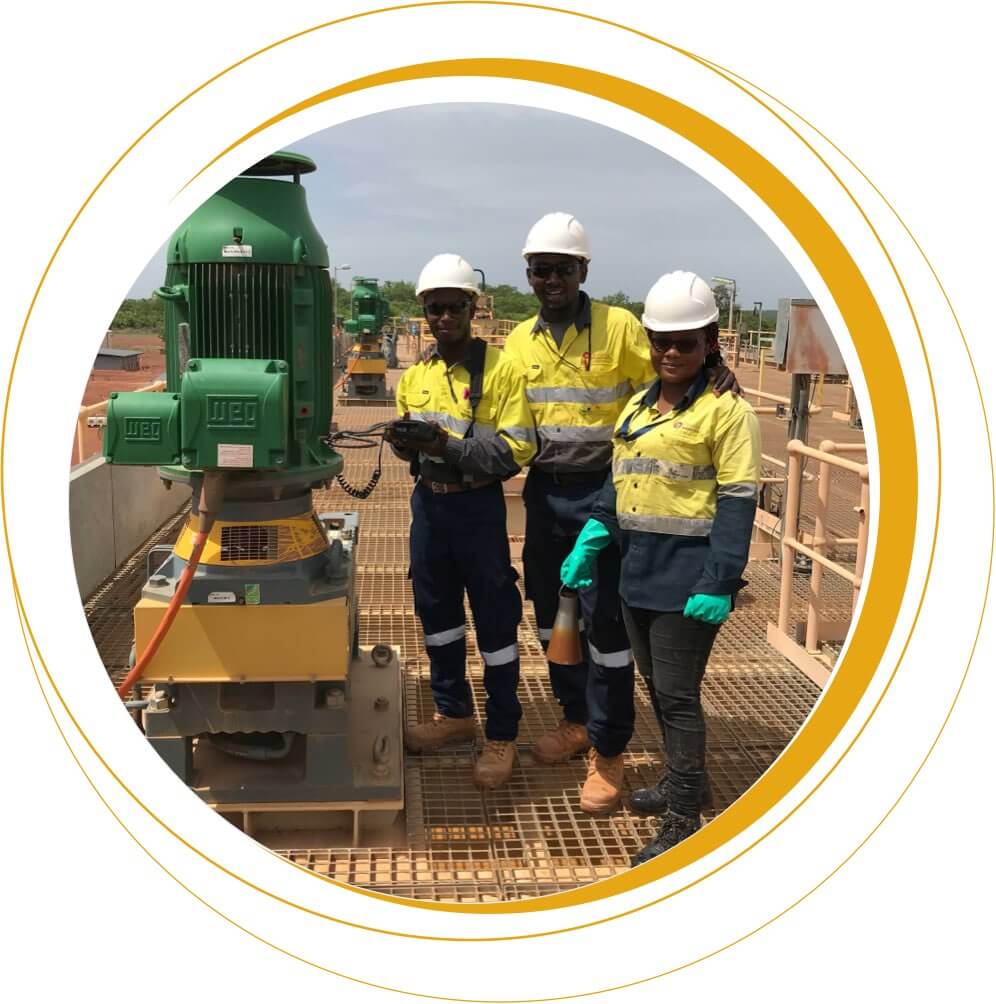
We recognise that achieving gender diversity goals in our West African operations can be particularly challenging due to broader socio-political and cultural barriers that inhibit women’s workplace and leadership engagement.
Our approach to enhancing gender diversity and empowering women in our business and communities includes:
- Establishing Women in Mining Chapters at each of our operations to drive gender diversity across all levels of our operations, increase community awareness of career opportunities and raise awareness of diversity challenges;
- Hiring women with a focus on local communities and helping their career development;
- Embedding flexible working arrangements and paternity leave;
- Building a supportive and inclusive workplace where women feel respected;
- Building our future pool of female management talent;
- Identifying potential career pathways into and within our business;
- Social investment programs focused on women’s health;
- Working with our contractors to support our commitment to diversity; and
- Empowering women in our local communities.
HUMAN RIGHTS
Respecting human rights is critical to our ability to contribute meaningful and ongoing social value to our stakeholders. We aim to promote and respect the human rights of all people associated with our business, including employees and contractors across our value chain and our communities, with a focus on vulnerable or marginalised groups.
Perseus’s Human Rights Policy, updated in 2023, formalises our commitment to the Universal Declaration of Human Rights, international law and laws of the countries in which we operate.
Voluntary Principles of Security and Human Rights
Our security processes align to the United Nations Voluntary Principles on Security and Human Rights (VPSHRs), which provide a framework for maintaining operational safety and security whilst respecting human rights. Security team members, including contractors and public security agencies, complete annual training on the VPSHRs and we routinely assess the status of implementation at each site.
In FY23, we conducted 134 training sessions across all our sites which included training 30 employees, 829 government police and 388 security contractors, and we increased our security resourcing to improve mobilisation to incidents.
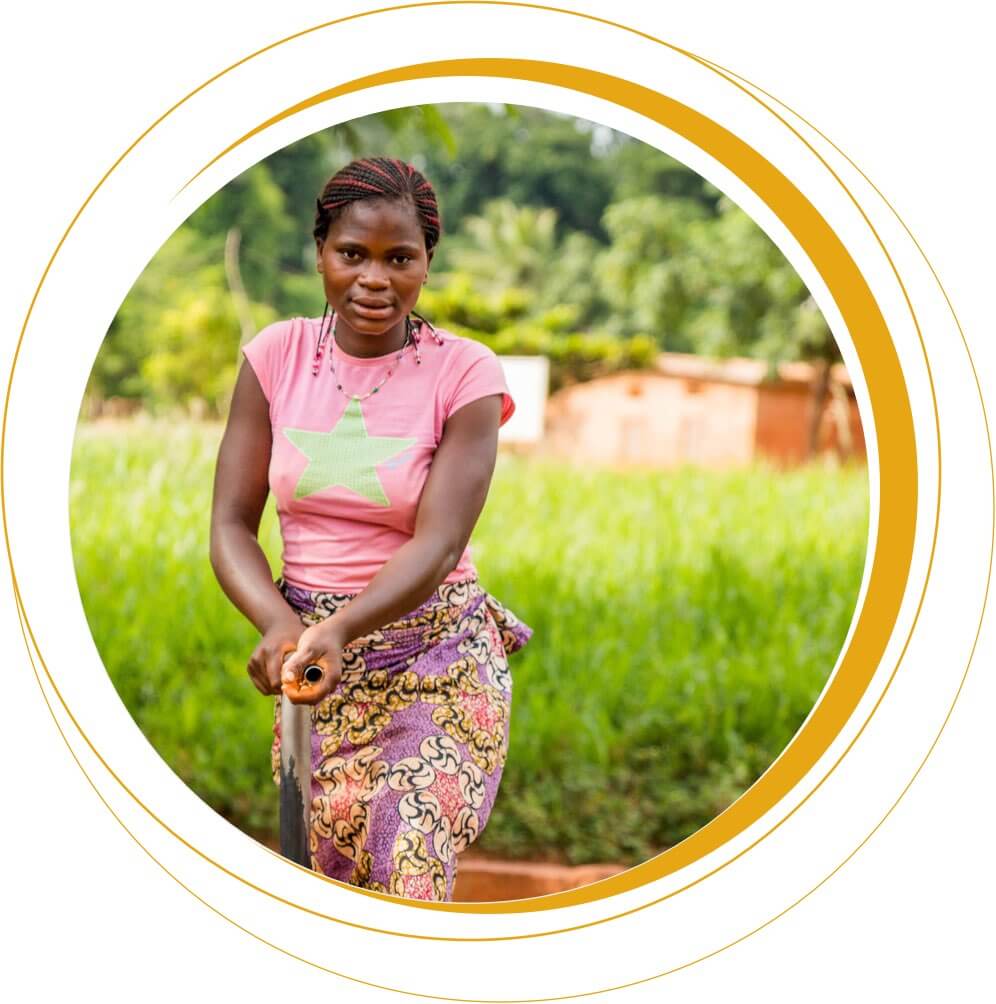
Responsible Sourcing and Modern Slavery
Across our value chain, we source products and services from over 700 suppliers in Africa, Australia, Europe, Asia and North America. The services and goods provided to us by our supply chain are diverse, and include skilled labour, supply of raw, direct and indirect materials and other services. All our suppliers are engaged through our Contracts and Supply Framework aligned with Our Values, ethical conduct framework and environmental and social standards.
To further enhance the sustainability of our supply chain and in line with the introduction of the Australian Modern Slavery Act 2018 (Cth) (MSA), we developed and commenced implementation of a Modern Slavery Management Plan in CY20. Key to delivery of this plan is our supplier due diligence program, which we implemented across our higher risk supply categories in FY21 and 22.
For further details see our Modern Slavery Statement
Labour Rights
We support the legal rights of our workforce to associate with others, join labour organisations of their choice and bargain collectively without fear of discrimination or retaliation. This freedom is instrumental in establishing a harmonious workplace culture built on trust. Our approach to employee representation is based on respectful dialogue and resolution. At a minimum, our negotiations comply with relevant legislation and aim to create outcomes that balance business and employee needs.
We have collective agreements in place at Edikan, with about 74 per cent of employees represented by an independent trade union and collective agreements in place.


